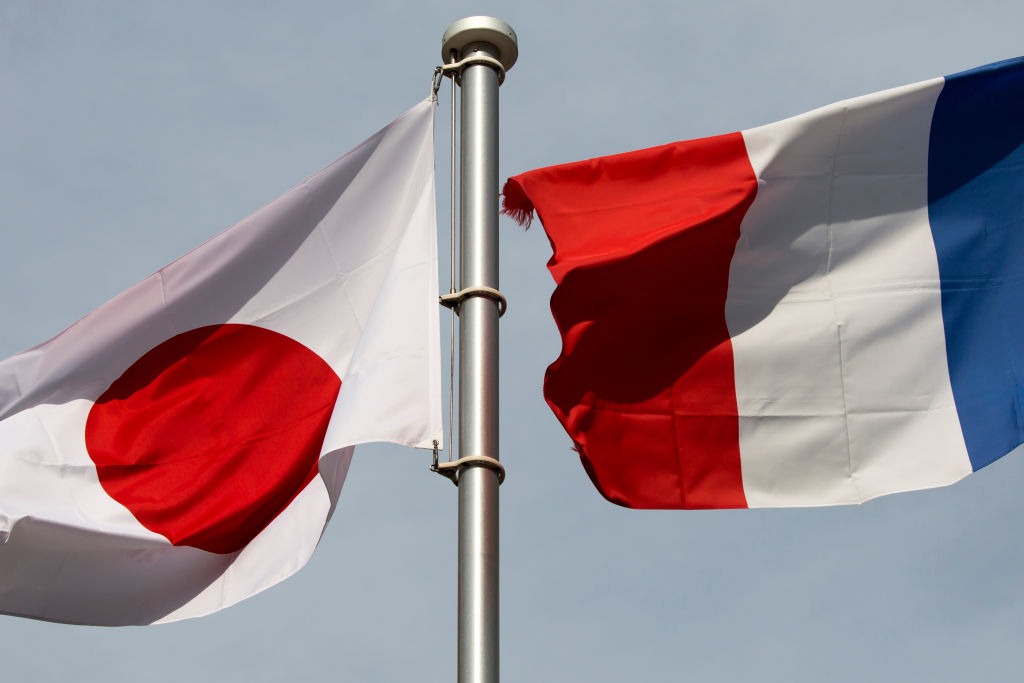Japan and France forge closer automotive ties to help Renault-Nissan
03 September 2019

Japan and France forge closer automotive ties to help Renault-Nissan
3 September 2019
Japan and France have agreed to an information-sharing programme and the exploration of deeper cooperation in next-generation vehicle technology.
The move could be aimed to help rebuild the strained relationship between Renault and its alliance partner Nissan, following months of tension over possible takeovers, and the Carlos Ghosn scandal.
Japan’s trade ministry said the two governments had agreed to start talks to bolster possible cooperation in areas such as automated driving, batteries and electric vehicles.
They have also agreed to discuss policy towards sharing information, supporting the transformation of the automotive industry environment and exchanging opinions about further cooperation in industrial policy, according to a memorandum of cooperation released by the ministry.
Japanese Trade Minister Hiroshige Seko and French Finance Minister Bruno Le Maire have also confirmed the need to support the alliance between Nissan and Renault, the Japanese ministry said.
Governmental interference
Earlier this year, Fiat Chrysler Automobiles (FCA) walked away from a potential merger with Renault due to objections from Nissan. The Japanese company wanted to use their required approval of a deal as a bargaining chip to reduce Renault's stake in the business and to gain more control in the alliance.
Since the collapse of the merger, Renault has been in talks with Nissan over a possible governance structure change. However, the French Government, which holds a 15% stake in Renault, has objected to such a move.
Now, the French Government has indicated there is room for potential tweaks to the ownership balance, a further boost for the alliance and the potential reopening of the FCA merger talks.
Possible options
Speaking in an interview on French radio, Martin Vial, the head of France’s state shareholding agency, did not reject the idea of possible modifications of the ties between the companies or a potential cut to France’s ownership in Renault, so long as such a move created value for France.
Vial said changes might be possible if there is value creation for the state. Better cooperation between the companies must come first, however.
Renault owns a 43% share in Nissan and has places on the company's board, while Nissan holds a 15% non-voting stake as part of a two-decades-old pact.
President Macron in June said that ′nothing justifies' changing the current structure between the companies.
Talks about the governance structure started after the FCA merger collapse but would need the approval of the French Government.
Fiat and Renault have not resumed talks to combine ′to my knowledge,' Vial said. ′These tie-ups make of course a lot of sense but can’t be done against the first historical partner of Renault, which is Nissan.'